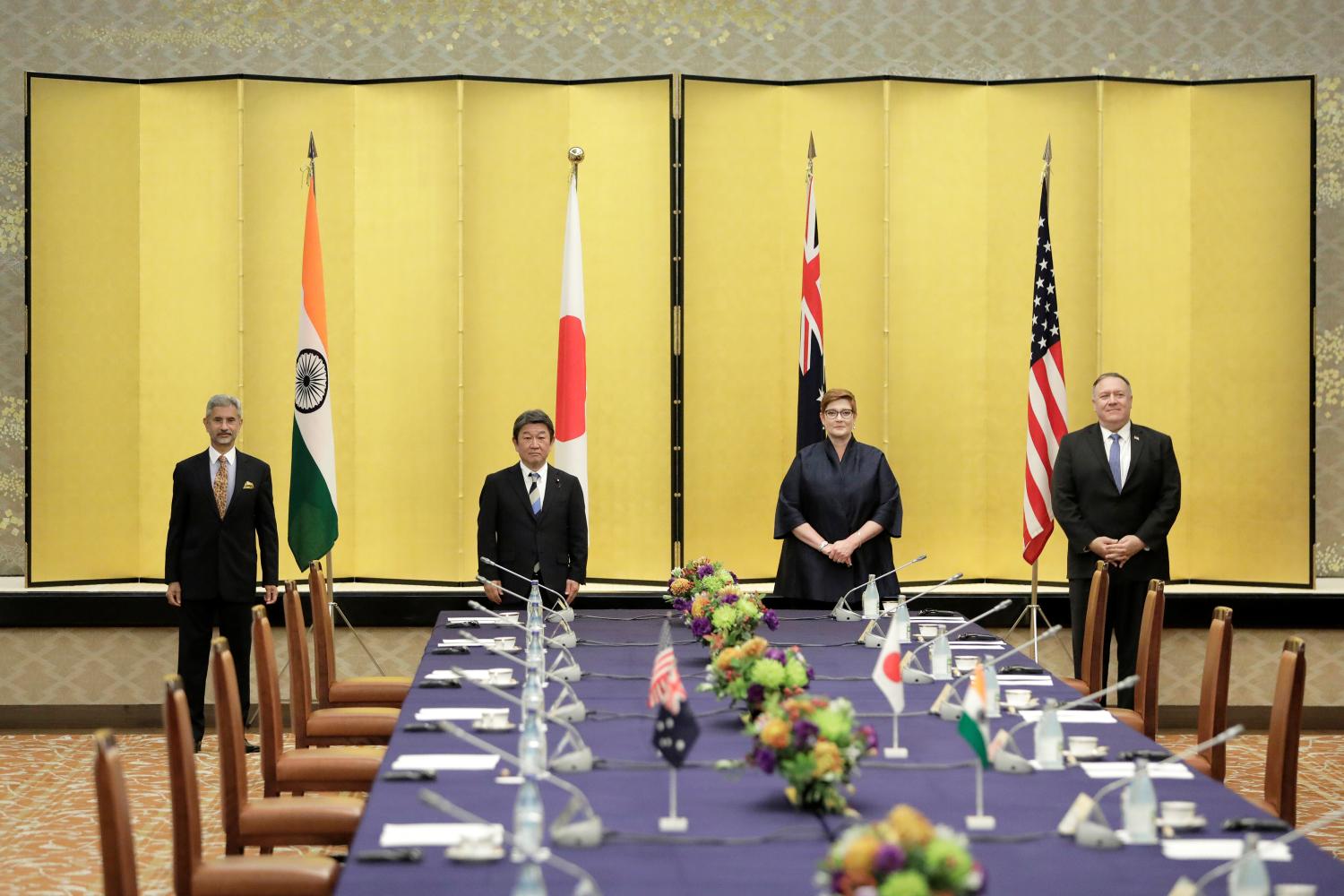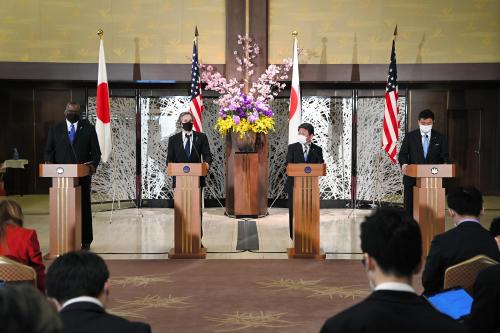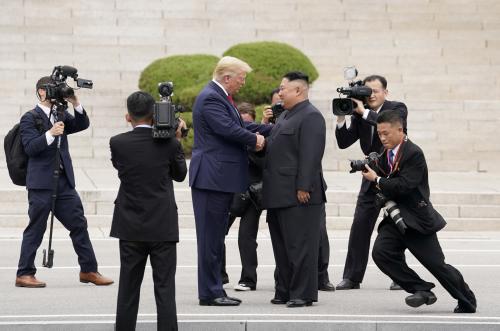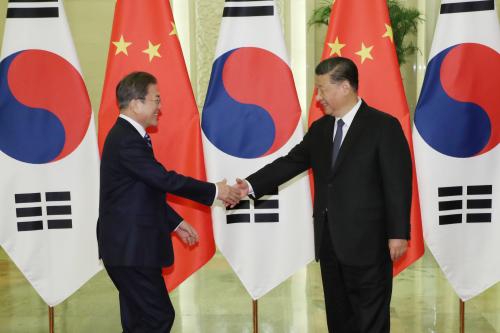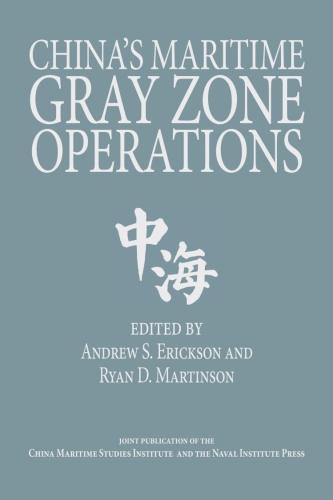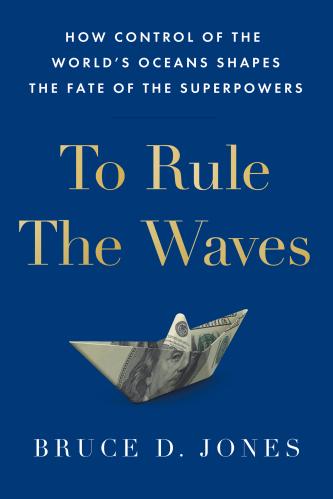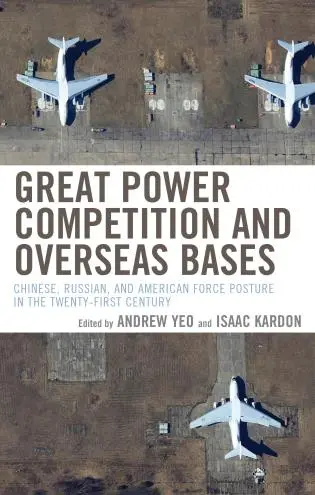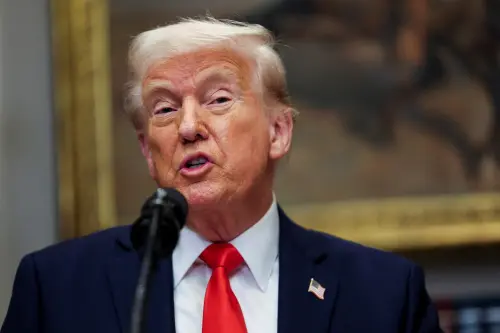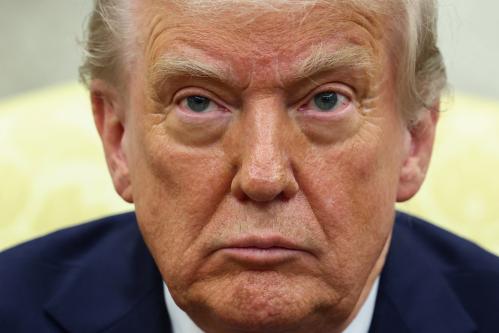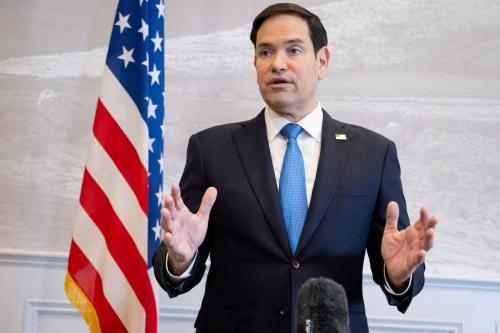This piece was originally published by the East Asia Institute (EAI) as part of a project with the Center for East Asia Policy Studies (CEAP) at Brookings examining prospects for U.S.-South Korea cooperation in an era of U.S.-China strategic competition. A webinar was hosted by CEAP and EAI on November 13, 2020 to discuss the issues presented in this and other project working papers.
Executive Summary
The Quadrilateral Security Dialogue (the “Quad”) has emerged as one of the highest-profile initiatives associated with the Trump administration’s “Free and Open Indo-Pacific” concept. Renewed attention to the Quad reflects long-standing U.S. efforts to shift from a bilateral hub-and-spoke model of Asian security toward a networked approach that encourages new “multiparty arrangement(s)” with “our strongest, most important allies.” Yet the Republic of Korea (“South Korea”), one of the region’s leading middle powers and a close U.S. ally, is notably absent from this forum.
South Korea’s absence from, and potential participation in, the Quad has been a hot topic in Seoul and allied capitals. The Moon administration has shown little desire to join the arrangement, with a senior adviser recently suggesting a U.S. invite to participate in the Quad would present South Korea with an “existential dilemma.” This paper argues that zero sum debates around a Korean role in the Quad are misplaced. Relevant policymakers should focus less on formal participation in the Quad and more on the defense relationships between South Korea and Quad countries such as Australia and India. The remainder of this paper explores recent trends in South Korea’s defense relationships with these partners and assesses potential obstacles to, and opportunities for, closer cooperation in the future.
The Brookings Institution is committed to quality, independence, and impact.
We are supported by a diverse array of funders. In line with our values and policies, each Brookings publication represents the sole views of its author(s).

